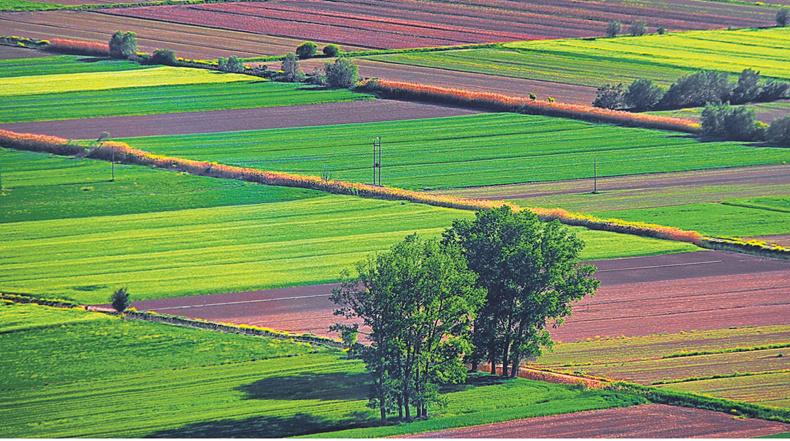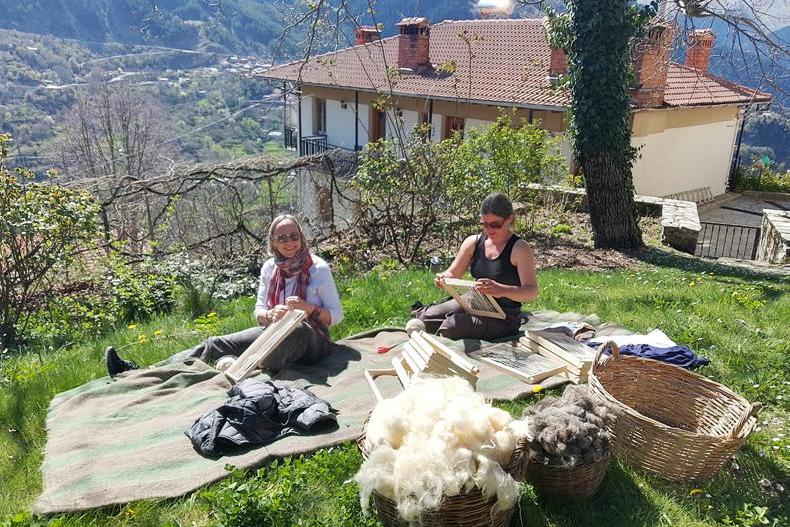Greek agriculture plays a central role in the economy far more than in other European countries. It accounts for 2.9% of GDP and 14% of employment, compared to an EU average of 1.2% (GDP) and 5% of employment. This in itself explains why agriculture is the backbone of the Greek countryside, offering employment to 700,000 people, out of which approximately 550,000 work on a full-time basis in farming.
Moreover, the agri-food sector represents a crucial sector because a large share of its value comes in terms of export income. Agricultural goods alone make up the third-largest category of exported products, bringing in about €4.5bn of income in 2014.
But bank analysts claim things could be better.
“There is great potential in Greek agriculture and we estimate that a further €12.2bn is attainable,” says Jessie Voumvaki, senior economist, entrepreneurship and business analysis division at the National Bank of Greece, based on the findings of a recent study undertaken by the bank. So why is this potential not being realised? Voumvaki puts the blame on the lack of investment.
The state should do more to invest in networks that link research and development to the producer, Voumvaki says.
“There is no lack of good academic research in agriculture in Greece but this research remains theoretical. We need to forge better links between researchers and producers by creating networks that channel research and innovation to farmers as well as helping farmers make their needs known to scientists. These networks should be built by the state and are just not in place today,” Voumvaki says.
Branding
Another reason behind the slow performance of the Greek agricultural sector is the lack of branding of goods.
“From wine and cheese to olive oil and honey, Greece produces plenty of premium-quality products. The problem is that the food and drink sector lack sophistication and most of the production is consumed or exported in bulk. Producers and the food industry need to focus on how to turn these goods from obscure labels to international brands,” says Voumvaki.
Yet Jessie Voumvaki points out that getting the conditions right to unlock the potential of agriculture is a daunting task.
Political push
“Bridging the gap between research and production could take years. It would need a strong political push to build a new system of agricultural improvement and there are no signs of that. Getting the investment in place to upgrade the branding of products is yet another complex problem. Investors are caught in the credit crunch, with no access to bank lending. Bank lending has dried up and even when financing is available the cost of borrowing is too high and frightening investors away,” she explains.
Street activism no longer an option
Austerity has brought no significant improvement in the Greek economy. Unemployment remains stubbornly pitched at 23%, and according to some this would be closer to 28% if part-time work is included. At the same time, growth is very sluggish. The past months registered a growth rate of 0.8%, which is far less than the predicted 2.7%.
Rural Greece was sheltered so far from high unemployment rates and poverty seen in urban areas. What had seemed as a certainty in recent years may soon fade away. At the same time, farmers are less inclined to look to demonstrations as a source of hope for influencing their future.










SHARING OPTIONS